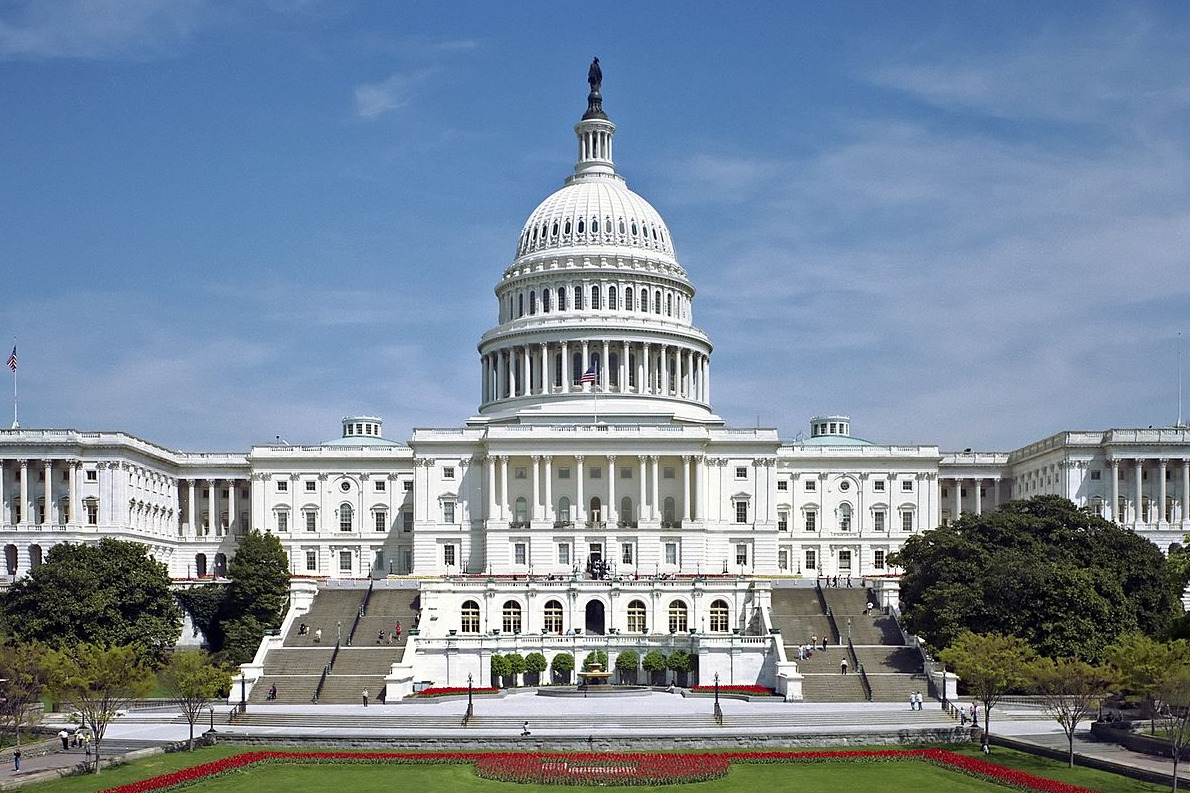Thirty years after he got the US to take on Microsoft, attorney Gary Reback says the government lacks qualified personnel to deal with Apple and other big tech companies, with an uphill battle against anti-regulatory federal judges complicating things.
As the number and range of antitrust investigations against Apple grows worldwide, US lawyer Gary Reback says it's currently hard to constrain big tech companies. He told Business Insider that there is a dearth of litigators, an increase in judges who are against enforcement — and a years-long watering down of the definition of antitrust.
"[Congress is] going to have to figure out almost from scratch how they're going to enforce the antitrust laws," he said.
"Somebody has to try to explain to Republican judges that we're in an unprecedented situation here," he continued. "Even if you come from the position that you don't like government intervention in the economy... we have here a set of circumstances that is different than anything that we've experienced before and that really does need [their] attention."
Governments around the world have recently demonstrated a lack of experience with the technology that drives our lives, but Reback says it was always like this. In the 1990s, he got the Justice Department to investigate Microsoft and says they had to hire an outside litigator, David Bois, to do it.
"I'm telling you, even back then it was a struggle within the Antitrust Division to find... a good team to support Bois," says Reback. "You might logically argue, 'well, weren't there lawyers in Washington in the Justice Department that could have done this?' And the answer is no."
Reback says that the Department of Justice is able to conduct what he describes as a thorough antitrust investigation, but then bringing the case to court is the issue. "[The Department has to consider] would a judge be more likely to listen to an outside litigator like David Bois representing the government than they would somebody from the DOJ?" he asks. "They shouldn't, but is it likely that they would?"
Now, he says, litigators also face the extra issues that antitrust concerns are allegedly reduced to a question of whether consumers have been forced to pay inflated prices. He argues that the situation with the big tech companies is much more complex and believes that these firms need to be constrained.
Reback doesn't believe in Senator Elizabeth Warren's desire to break up the likes of Apple, Amazon, or Google, however. "I would hate to have to do [that], in part because it would cause so much dislocation."
 William Gallagher
William Gallagher







-m.jpg)






 Charles Martin
Charles Martin
 Malcolm Owen
Malcolm Owen


 Christine McKee
Christine McKee
 Wesley Hilliard
Wesley Hilliard

 Andrew Orr
Andrew Orr








6 Comments
Not everyone is congress is an idiot, many are lawyers and studied law. Anti-trust laws work they just need to be enforced. Congress has the resources to bring in experts is need be to strengthen the governments case. Reback has an opinion and I wonder who is paying him to have it?
"In the US, the test is usually a very basic and immediate one: do the actions of a large company result in consumers paying higher prices today? Over the last 40 years, judges and federal enforcement officials have largely discarded other competitive concerns."
Reback says that it may take new legislative action to redefine exactly what "antitrust" means. In Europe for instance they take a broader view, whether a big company’s actions are "capable of having, or likely to have, anticompetitive effects." Traditionally that's not how the US courts have looked at antitrust law, nor how it has been used.
I think Congress is still searching for the “hole in the ground” or wherever it was where they misplaced their heads.
stratechery had an interesting piece on this, covering a school of thought on antitrust that used to have more traction than the current simplistic approach. That older line of reasoning appears to be coming to the fore again.